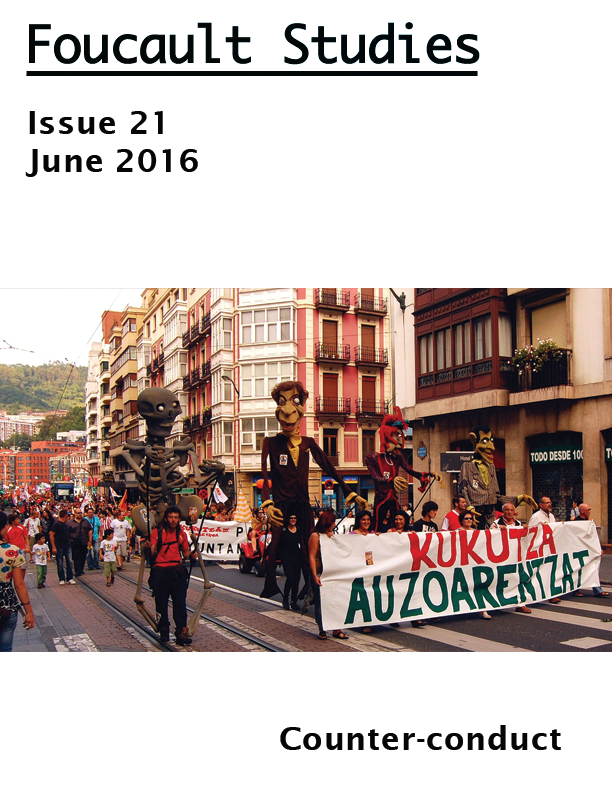The Counter-Conduct of Medieval Hermits
DOI:
https://doi.org/10.22439/fs.v0i0.5014Keywords:
Richard Rolle, hermits, counter-conduct, exomolgesis, superbia, exoagouresisAbstract
The hermit posed a challenge to a medieval Church that emphasized rule, order, and discipline since oversight of their life could be virtually non-existent. The writings of Richard Rolle, hermit, negotiates the space between Foucauldian exomolgesis and exoagouresis as Rolle strove to articulate the identity of the hermit without any kind of church endorsement. As well, he forged his life out of a struggle with concepts of medieval sin, specifically Pride, which placed him in a queer position in terms of relationships with his surrounding community. His way of life was highly influential in his local community, however, and, through manuscript dissemination, beyond. Because he experienced mystical visions without church oversight, his eremitic life and example inspired a movement toward lay, affective piety in the later Middle Ages. The hermit, in his case, challenges the medieval Church’s hierarchy in that hermits practice a form of living at a local level, placing them in dangerous, sometimes heretical, positions that force the Church to either absorb their practices or suppress them.Downloads
Published
2016-06-28
How to Cite
Roman, C. (2016). The Counter-Conduct of Medieval Hermits. Foucault Studies, (2110.22439), 80–97. https://doi.org/10.22439/fs.v0i0.5014
Issue
Section
Special Issue on Counter-Conduct
License
Authors retain copyright to their work, but assign the right of the first publication to Foucault Studies. The work is subject to a CC BY-NC-ND 4.0 license, but despite these restrictions, authors can take for granted that Foucault Studies will permit articles published in Foucault Studies to be translated or reprinted in another format such as a book providing a full reference is made to Foucault Studies as the original place of publication.



